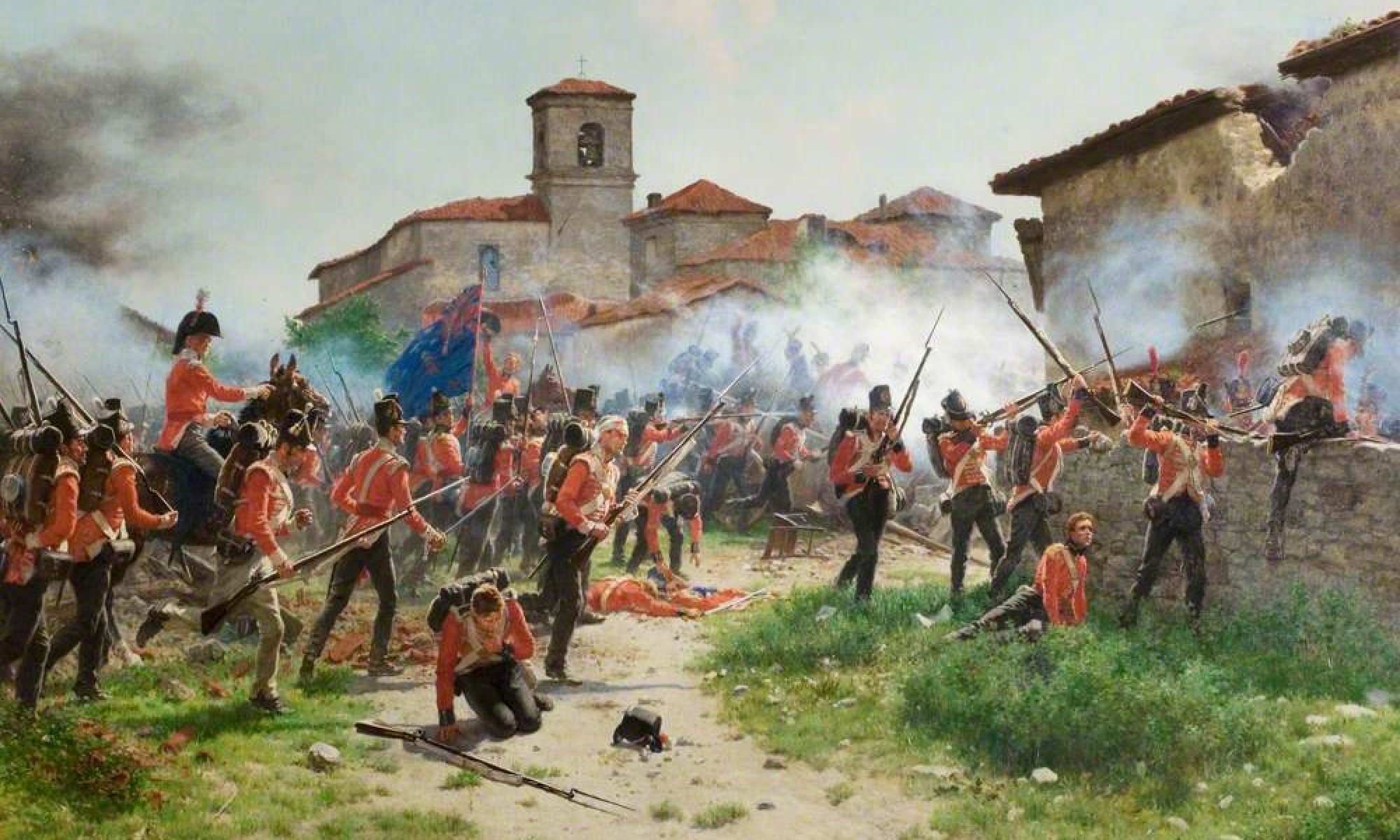
Field Marshal Count Alexander Suvorov was not a man who felt that war needed to be any more complicated than necessary. The quickest way to get an enemy running was to find his weakness and attack it. The quickest way to chase an enemy from the field was to run at him with bayonet and sabre.
Under this diminutive but dynamic deity of battle, Russian troops were expected to be battle ready, not parade ready, and anything that impeded the proper performance of regiments in the field was considered surplus to requirements.
Any officer who had too much baggage or too grand a household had better not let Count Suvorov know about it. From this pragmatism flowed a practical battle-sense that the Count tried to imbue deep into the heart of the Russian army.
The following extract from the memoirs of General Denis Davydov, who was told many things about Suvorov by his father, and as a child even met the old warhorse once. It demonstrates both Suvorov’s no nonsense attitude to warfare, and his practical nature for conditioning troops for the type of battle he wanted to fight:
‘Because the primary obligation of the cavalry was to cut a path through enemy ranks, it should not be concerned with speed alone and maintaining line while on the gallop. It must surge into the midst enemy line or could and strike at anything close to hand, not turn about and break off the engagement alleging that the firing had frightened the horses, or retreat in good order without making actual physical contact with enemy fire.
In order to stop this practice, Suvorov trained the horses of the cavalry to gallop at full speed and accustom them to break through the the central ranks of the opponent’s firing line. To achieve this, he saved the manoeuvre for the end of the training period, relying on the memory of the animals, and reinforced with a verbal command that they knew would signal the conclusion of the exercise.
For this purpose he had half his troops dismount and stand with carbines loaded with blanks. The soldiers were separated from one another by the distance necessary for one horse to gallop between them. The other half remained on horseback, aligned opposite the gaps of the facing infantry, and then were ordered to attack.
The soldiers were told to discharge their weapons at the very moment when the horses galloped through their lines. The riders would then dismount and the training manoeuvres were over. The theory was that instead of being frightened by the shots fired directly at them, the horses would look forward to the moment of facing the infantry fire, remembering that the sound of shots would be followed by their being reined in, haltered, or returned to their stables. Indeed, they would neigh and be eager to charge!’
This imaginative drill, which took advantage of the animals’ natural inclination to return to their stables to rest and feed, had it’s issues. Mostly derived from dismounted troops being, struck, trampled and sometimes killed by charging horses.
For this reason dismounted duty was loathed by the soldiers. Whenever he would be told a man had been killed in this horse training exercise, Suvorov would exclaim ‘May the Lord have mercy on them! I may kill four, five or even ten men; but I’ll train five or ten thousand!’
Not all Suvorov’s officers felt this was the way to use cavalry of course. But only experienced officers dared use their own judgment in the presence of their chief. Colonel Davydov of the Poltava Light Horse Regiment who commanded the second line of cavalry during an exercise in a calm and orderly manner in a classic supporting role, was brought up at dinner the same evening, and asked why he had ignored an order from Suvorov to hurry up. Apparently Suvorov had already led the first line in three charges and thought Davydov was dragging his heels.
Davydov, who knew the old general well enough to know how to get around him, thought for a moment and replied that there had been no cause for the second line to charge, as the first line kept pursuing.
‘And what if the enemy had taken heart and repulsed the first line?’ Quizzed Suvorov.
‘That could never happen.’ Replied Davydov ‘Your excellency was leading it.’
See In the Service of the Tsar by Denis Davydov.



You must be logged in to post a comment.